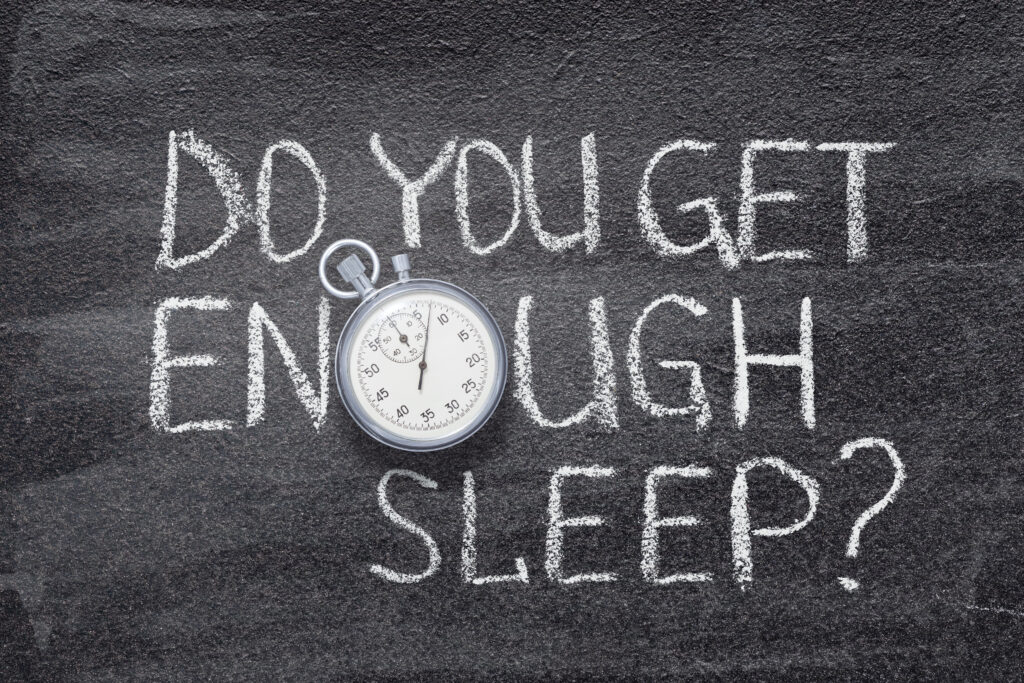Happiness is waking up, looking at the clock, and finding out that you still have two hours left to sleep, stated by American Cartoonist Charles M. Shulz. Sleep may feel like a welcome break to the day, a refreshing recharge, an inconvenient use of time, or an ever-elusive need. Sleep can impact your mental health and your day in a big way. When you receive very little sleep, you may experience feeling run down, groggy, or irritable. When you are running low on sleep, you may notice difficulty with your ability to focus, trouble recalling from your memory, irritability, emotional volatility, and aggression. It is generally recommended that an average adult get 7-9 hours of sleep each night. That is about a third of our day!
The Relationship Between Sleep and Mental Health
Sleep is essential but our experience with sleep may be more complicated than we would like to admit. Many of us feel busy and stressed, so we may think that taking away from our sleep time will give us more time to get things done. Others may desperately want to sleep but struggle to fall or stay asleep. This may be due to physical sensations in our body or thoughts that we just can’t stop focusing on or other issues. Fortunately, there can be many ways to try and address difficulties with sleeping. One of the avenues that may help improve sleep is attending to your mental health.
Sleep disturbance is a symptom of several mental health disorders
Some common mental health disorders that impact sleep are:
- Major Depressive Disorder
- Persistent Depressive Disorder (Dysthymia)
- Generalized Anxiety Disorder
- Posttraumatic Stress Disorder
- Acute Stress Disorder
According to a study by Andrea N. Goldstein and Matthew P. Walker, “A causal and bi-directional relationship appears to exist between sleep and emotional brain function. Without sleep, the ability to adequately regulate and express emotions is compromised at both a brain and behavioral level, common to both the positive and negative domains of the emotional spectrum. In contrast, sleep, and specifically REM sleep, provides a restoration of appropriate next-day emotion reactivity and salience discrimination.” Emotional brain function is a key part of our mental health and well-being.
Goldstein and Walker highlight the relationship between sleep and mental health. This relationship can certainly be seen as an advantage or a disadvantage. If we make progress in improving our mental health, we may see improvements in our sleep, or if we can improve our sleep, we may see positive movement with our mental health. That gives us multiple ways to try and improve aspects of our health overall.
Improving Your Sleep
We hope you gained a better understanding of the Importance of sleep. Life can be overwhelming at times, and it may be hard to prioritize your mental health but getting 7-9 hours of sleep is essential to living a healthy lifestyle. If you are having difficulty with sleep, it can be helpful to address this with your Primary Care Physician or Nurse Practitioner. They may be able to help you address the concerns directly or refer you to a mental health professional or specialist. At CoreLife, our Licensed Behavioral Health Therapists can support you in improving your mental and behavioral health. For more educational tips about the importance of sleep, click below.
